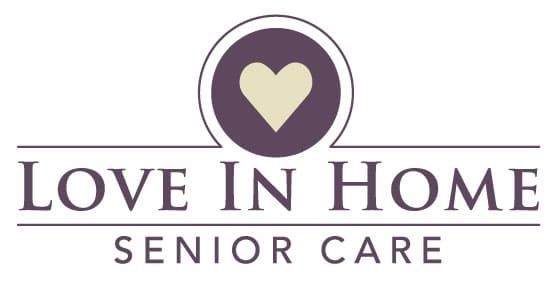Is It Time for Home Care?
Sometimes the need for home care for an older adult is easily apparent. For example, if a senior suffers an injury or sudden illness that leaves them incapacitated, it may be obvious that they’ll need assistance to live at home. However, other times the need for home care creeps up on the family slowly and may not be as easy to spot. If you’re uncertain that your aging family member needs home care, watching for the signs below can help you to decide.

Home Care in Spokane Valley WA: Is It Time for Home Care?
Unkempt Personal Appearance.
If your parent was once fastidious about their appearance, but you start to notice they don’t look as tidy as they once did, it may be time for home care. Things that may indicate a need for assistance with personal care are:
- Clothes that look dirty.
- Messy or unwashed hair.
- Body odor.
- Fingernails and toenails that are too long or ragged in appearance.
- Unshaven face in a man who previously preferred to be clean shaven.
- Bad breath.
Dirty or Messy House.
A home that is dirty or messy can be a health hazard for an older adult. Germs may cause them to get ill or they may trip over clutter, injuring themselves. Look for dirty dishes in the sink on a regular basis, especially if they appear to have been there a while. Check to see that bed sheets and bath towels are clean. Also, pay attention to whether the house has an unpleasant odor.
Mail Piling Up.
Stacks of unopened mail or bills that go unpaid may be an indicator that home care is needed. Your parent may be having difficulty reading the mail because of low vision or they may be experiencing cognitive problems that keep them from addressing the task.
Loneliness.
If your parent seems lonely and depressed, home care may be able to alleviate these feelings. A home care provider is a source of companionship themselves, but they can also help your parent to entertain friends and family in their home. Or, a home care provider can drive them to see friends or to community activities.
Losing Weight.
Older adults sometimes lose weight without trying to because they don’t eat well. They may be unable to cook for themselves or may be uninterested in cooking for one. Home care providers can cook for them or with them. They can even provide companionship while your parent eats.
Spoiled Food.
Look for spoiled food in the refrigerator and foods that are past their expiration date in the cupboards. This could be a sign that your parent isn’t eating well or is unable to read expiration dates. Eating spoiled foods can be dangerous, but a home care provider can ensure foods are fresh and meals are balanced and healthy.
If you or an aging loved one are considering home care in Spokane Valley, WA, please contact the friendly staff at Love at Home Senior Care, today. Call (509) 204-4088
- Are You in Good Hands? 5 Key Qualities That the Best Caregivers Should Have - December 3, 2019
- Emergency Preparedness: A Checklist for Older Adults and Seniors - November 29, 2019
- 6 Fun Fall Activities That Seniors and Caregivers Will Love - November 27, 2019
